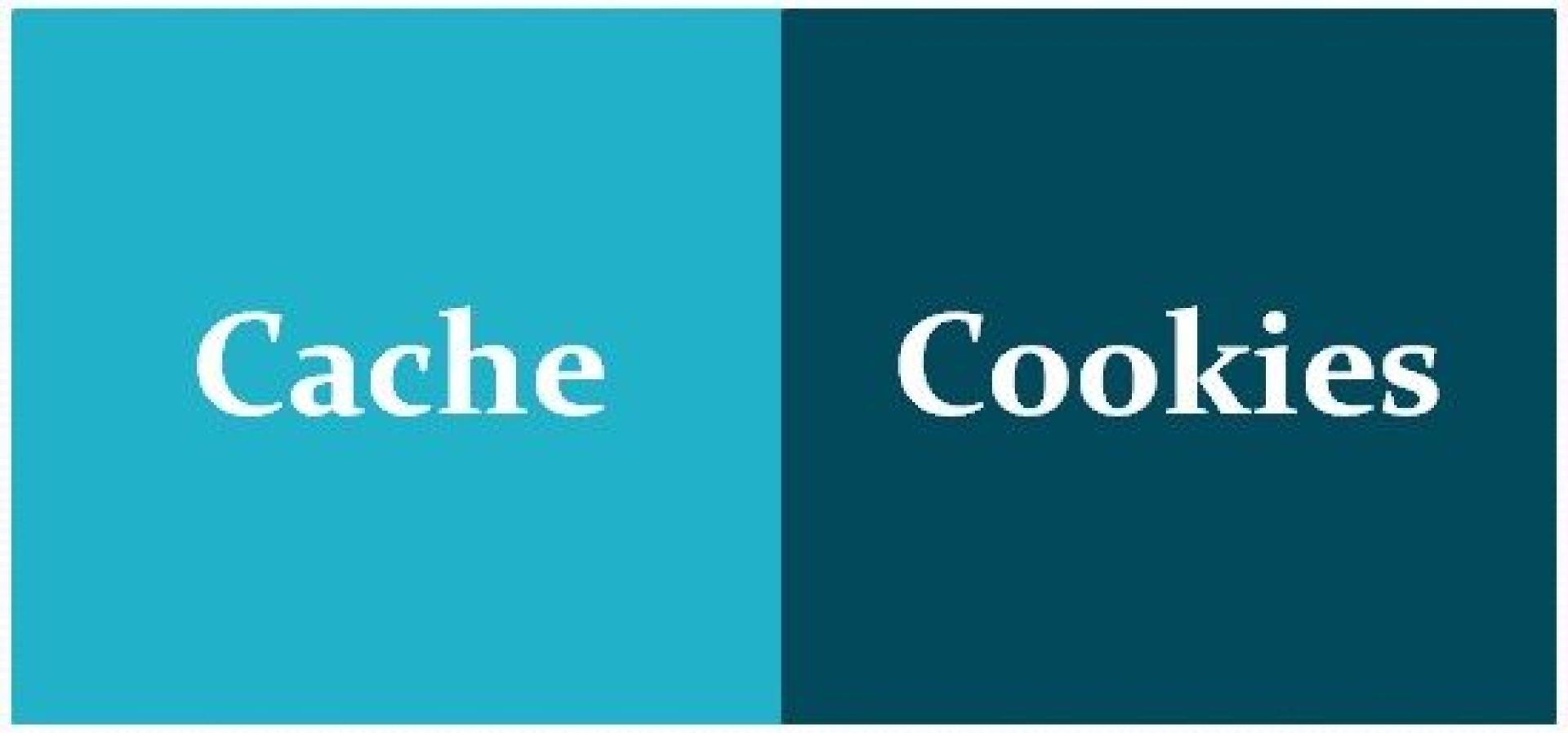Cache vs Cookies: Understanding the Key Differences
 Bylancer
Bylancer 
The distinction between Cache and Cookies may appear to be trivial, but it has significant ramifications for the user experience as well as the security and privacy of web browsing. Caches and cookies are used by web browsers to store data temporarily or permanently, respectively, to reduce load times and improve accessibility of web pages. However, these techniques differ in scope, operation, and impact on user privacy.
Cache is a storage space that a browser keeps temporarily to keep from reloading resources that have been recently accessed. Typically, cache stores images, stylesheets, scripts, and other page assets required to render web content efficiently. The purpose of cache is to lessen page load times and network overhead on subsequent requests for that content. In other words, it improves the loading speed of web pages, especially for frequently visited sites. However, there are contractual issues related to the use of cache. If users don’t clear their cache regularly, it can occupy too much disk space, which can cause issues with the browser’s performance.
Cookies, on the other hand, are small text files created by websites and stored in a browser to remember user-specific information such as username, password, shopping cart contents, browsing activity and login details. Cookies are potentially dangerous because they can be used to track user behavior and preferences, collect personal information and target ads. The length and content of cookies can vary depending on how long they are programmed to last and what kind of information they contain. Some cookies exist only for the duration of a single browsing session, whereas others remain on the device for a longer period of time. Likewise, some cookies are innocuous, while others represent a significant security risk.
In summary, while cache enhances web browsing efficiency, cookies facilitate login sessions, remember users' preferences and support targeted advertising. However, cookies also present security and privacy risks and may compromise user privacy. Therefore, users should be aware of the distinctions between cache and cookies and how they operate to improve web browsing. By doing so, users can take proactive measures to safeguard their online security and protect their personal data while browsing the web.
Cache vs Cookies: Understanding How They Work?
The use of web browsers for accessing the internet has become an integral part of our daily lives. While browsing, users sometimes encounter terms like cache and cookies. These terms refer to different technologies that are used to enhance web browsing experience.
Cache and cookies are used by web browsers to store data temporarily or permanently, respectively, to reduce load times, save user preferences, and improve accessibility of web pages.
Cache is a temporary storage space that a browser keeps to avoid reloading resources that have been previously accessed. Cache stores images, stylesheets, scripts, and other page assets required to render web content efficiently. The objective of cache is to lessen page load times and network overhead on subsequent requests for that content. This makes browsing faster and smoother especially for frequently visited websites. However, if users do not clear their cache regularly, it can take up too much disk space, which may cause issues with the browser’s performance.
Cookies, on the other hand, are small text files created by websites and stored in a browser to remember user-specific information such as username, password, shopping cart contents, browsing activity, and login details. Cookies make it possible to keep a user logged in to a site even after they’ve navigated to another page or closed the browser. Cookies can also remember the user's preferences for personalized content, remember the user’s choice of language or currency, and facilitate certain types of advertising. However, cookies are also used by some websites to track the user's behavior and preferences, collect personal information, and target ads, which makes them a potential privacy risk.
In conclusion, while cache enhances web browsing efficiency, cookies facilitate login sessions, remember users' preferences, and support targeted advertising. It is important for users to understand these differences between cache and cookies so that they can make informed decisions about how they use their browsers and protect their online security. Browsers usually provide users with settings that allow them to control the use of cache and cookies, and users are encouraged to regularly clear their cache and cookies to optimize the performance of their browser and protect their privacy.
